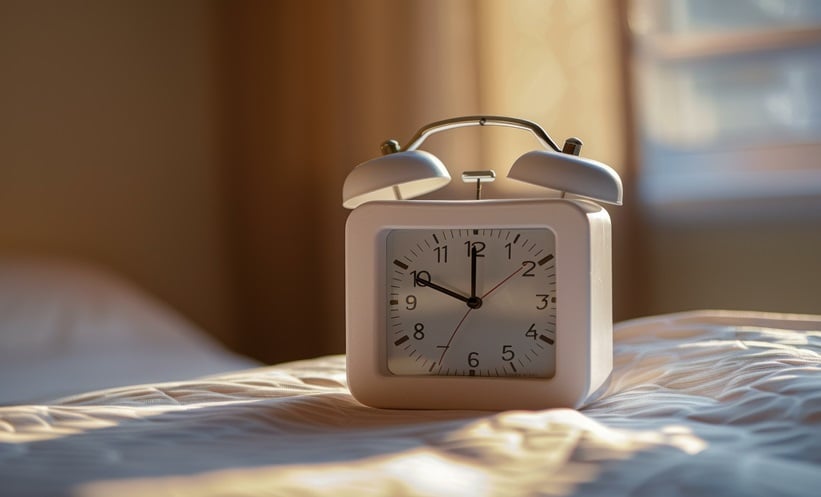A RECENT position statement from the British Sleep Society (BSS) recommends that the UK government abolish the twice-yearly clock changes, citing the negative impact of these adjustments on sleep and circadian health. Led by prominent sleep researchers across the UK, this recommendation advocates for the establishment of permanent Standard Time (Greenwich Mean Time, GMT) to align more closely with natural daylight patterns, which the BSS argues is essential for optimal sleep, health, and wellbeing.
The BSS reviewed extensive scientific evidence to assess the effects of Daylight Saving Time (DST), known as British Summer Time (BST) in the UK, on circadian and sleep health. Research highlighted that DST, especially the spring-forward adjustment, disrupts sleep by altering the body’s alignment with the natural light-dark cycle. This misalignment is shown to increase the risk of sleep disorders and reduce overall health. With most of the UK lying west of the Prime Meridian, natural daylight patterns already cause later sunrises, meaning that moving clocks forward intensifies this delay, forcing individuals to wake and commute in darker conditions. The BSS report also emphasised that morning daylight is crucial for synchronising the body’s internal clock, making early exposure to light essential for optimal circadian alignment. This is particularly vital in autumn and winter, when daylight is scarce, and any disruption in natural light patterns is more keenly felt.
The BSS’s conclusions stress that adopting permanent Standard Time would offer health benefits by reducing sleep disruption and improving circadian alignment. By providing more consistent exposure to natural light in the mornings, a switch to year-round GMT could help decrease the prevalence of sleep disorders, supporting physical and mental health across the population. Notably, the BSS warns against an alternative of permanent DST, which would result in even darker winter mornings, a misalignment that could worsen health outcomes, especially in northern and western UK regions. The Society also suggests collaborating with the Republic of Ireland to ensure coordinated time zone adjustments, preventing potential cross-border discrepancies.
For clinical practice, the BSS’s position highlights the importance of aligning daily schedules with natural light cycles to support patients’ sleep health. Moving forward, the BSS encourages further public health education on the importance of morning light for sleep, alongside advocacy for time policy reform to eliminate the biannual clock change, with the ultimate goal of enhancing the UK population’s sleep quality and overall health.
Reference
Crawford MR et al. The British Sleep Society position statement on Daylight Saving Time in the UK. J Sleep Res. 2024;DOI:10.1111/jsr.14352.








